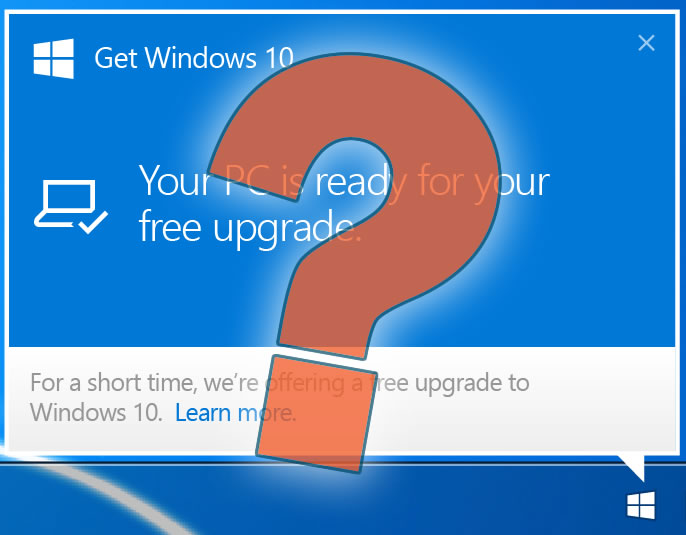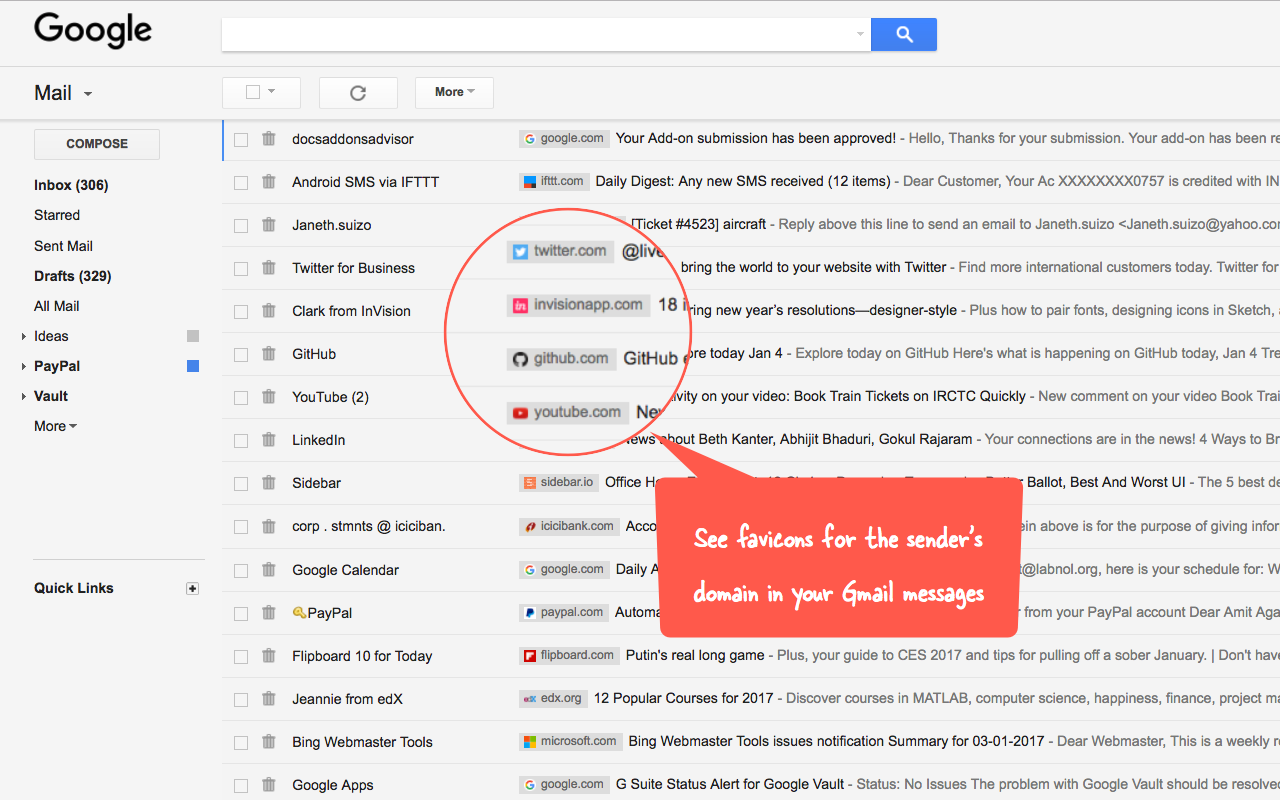What was the last piece of private information you posted online? Was it a PM on Facebook about problems with your boss? An electronic bill-payment to your mortgage company via your bank’s website? Maybe you journaled some private thoughts in Google Docs.
The convenience we experience in today’s digital world is unrivaled in its scope. Every month, new tools pop up to make our lives easier. These apps equip us to get more done in less time and with fewer obstacles, whether it’s for personal convenience or professional efficiency. Nevertheless, we routinely hear about the latest data breach on the news, get the call from our credit card company about potential fraud, or find our business or family on the brink of disaster because of stolen, leaked, misused private information.
It’s impossible to avoid stories such as Facebook’s “leak” of 87 million users’ private information, but what can we DO about it? Sure, we can pull the plug on social media. We can install ad blockers and avoid online banking. But is that the trade-off you’re looking for? It certainly isn’t mine. As a human being in the 21st century, I enjoy the interaction with friends and family I gain from social media. I don’t mind the occasional advertisement on a website for something I recently searched for on Google. I’ll deal with the hassle of managing a hundred passwords to keep my financial passwords separate from the one I put on a post-it at work.
We’ve made the decision to trade privacy for convenience. We sacrifice (or at least put at risk) information once deemed extremely personal and confidential so we don’t have to deal with the antiquated methods of communication and collaboration. In many areas of life, whether we use the “cloud-based” version of a tool or not, the information is out there, regardless. Whether you choose to bank online or not, for example, your bank itself is certainly online. It’s protected by more than a single password, but the information is still out there, and in many cases, we have little to no knowledge or control about how that information is used.
The question lingers… where do we draw the line between privacy and convenience? In my professional and personal life, I live with the reality that anything I post, write, or use online could be exposed – whether it’s this article’s first draft, my emails, or my social security number. Am I paranoid about tracking my “digital profile?” Absolutely not. I’d benefit by adding more layers of security here and there. But I also don’t live in the world where I use the same password for every website I visit, scan every vital document to the cloud, or limit my private communication to what can be read by a computer.
Stay tuned next month for the second column in this short series on our digital profiles: what Google, Facebook, and your competitors know about you, your business, and your habits… and why the choices you make MATTER.
By Chet Cromer




Recent Comments